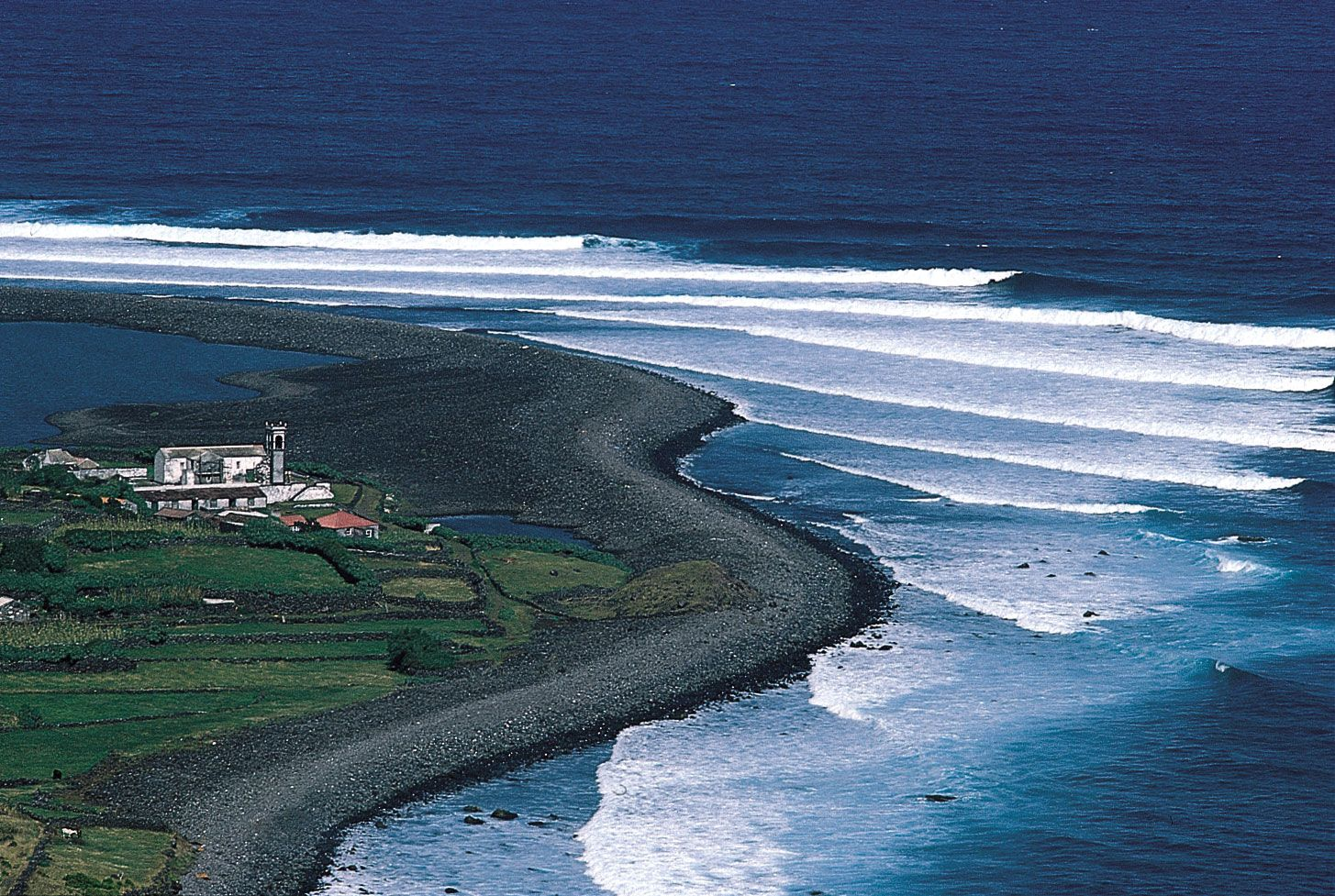Atlantic history has recently gained fresh attention thanks to new discoveries that shed light on the diverse cultural, economic, and social developments of coastal nations along the Atlantic Ocean. These findings reveal how interactions among indigenous communities, European settlers, and African traders shaped unique societies and influenced global trade networks. Through archaeological evidence, historical documents, and oral traditions, researchers are piecing together a more complete narrative. This enriched understanding highlights the complexity of Atlantic coastal nations’ heritage, showcasing their resilience, innovation, and significant roles in shaping early globalization.
New Insights Into the Economic Transformations Along the Atlantic Coast
Recent research reveals significant economic shifts that occurred in Atlantic coastal regions over several centuries. Trade routes connected various continents and facilitated the exchange of goods such as spices, textiles, and precious metals. As a result, local economies changed dramatically. Coastal cities quickly became bustling hubs of commerce, attracting merchants and settlers alike. Moreover, these changes spurred rapid urbanization and the formation of new social hierarchies. Additionally, maritime industries emerged, creating jobs and fostering advances in shipbuilding and navigation technology. Consequently, these developments boosted sustained economic growth and altered demographic patterns in important ways.
Cultural Interactions Redefining Atlantic Coastal Societies
New discoveries of cultural artifacts and historical records emphasize the diverse interactions across the Atlantic rim. Indigenous populations, European colonists, and African communities each contributed to a unique blend of languages, religions, and customs. This fusion appeared in art, cuisine, and social practices that still exist today. Furthermore, the Atlantic acted as a channel for spreading ideas, beliefs, and innovations, strengthening the region’s role as a cultural crossroads. Scholars note that these exchanges encouraged adaptation and creativity, helping societies face challenges from colonization and trade.
These fresh perspectives shed light on Atlantic coastal nations’ past in ways that challenge older, simplistic views. They expose a complex web of relationships that influenced history and shaped modern identities. As research continues, appreciation for the region’s rich heritage grows, inviting further exploration and dialogue.
